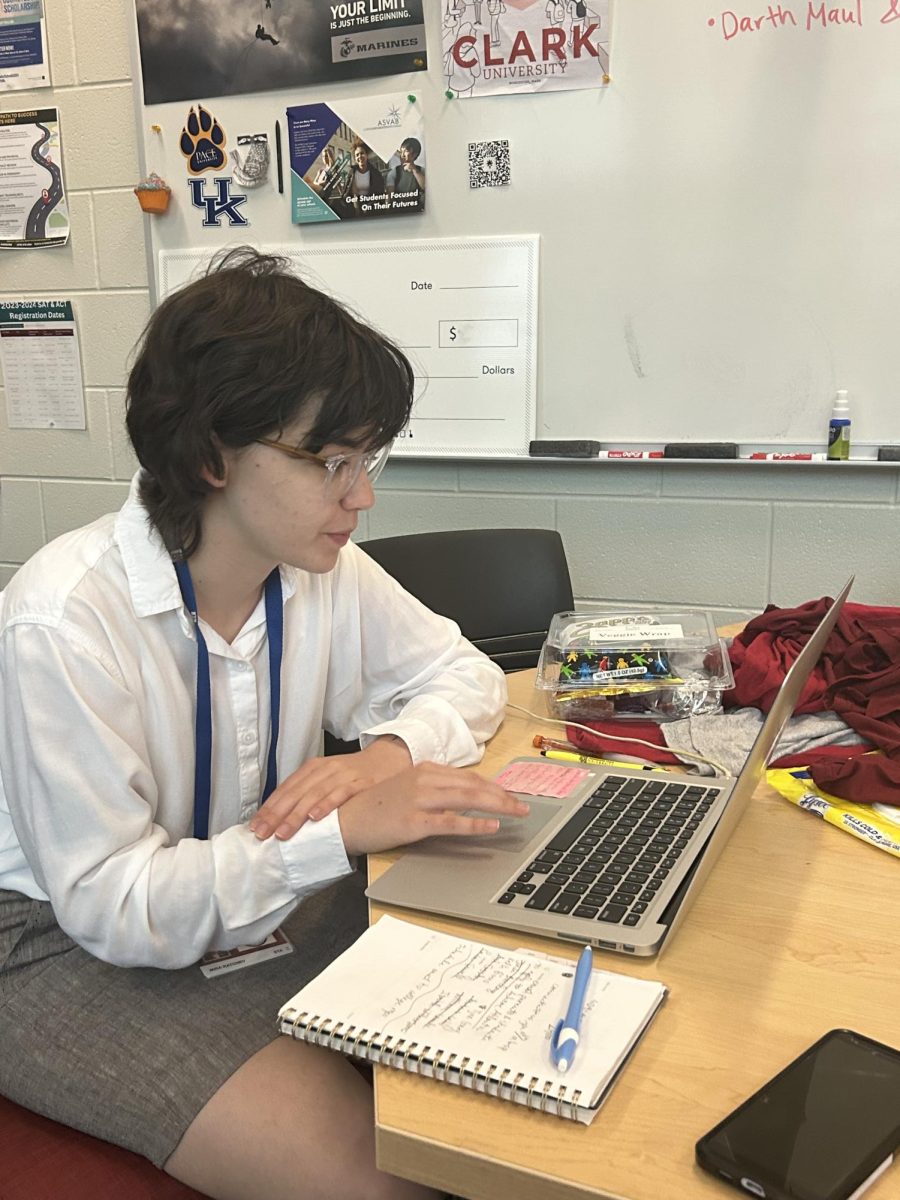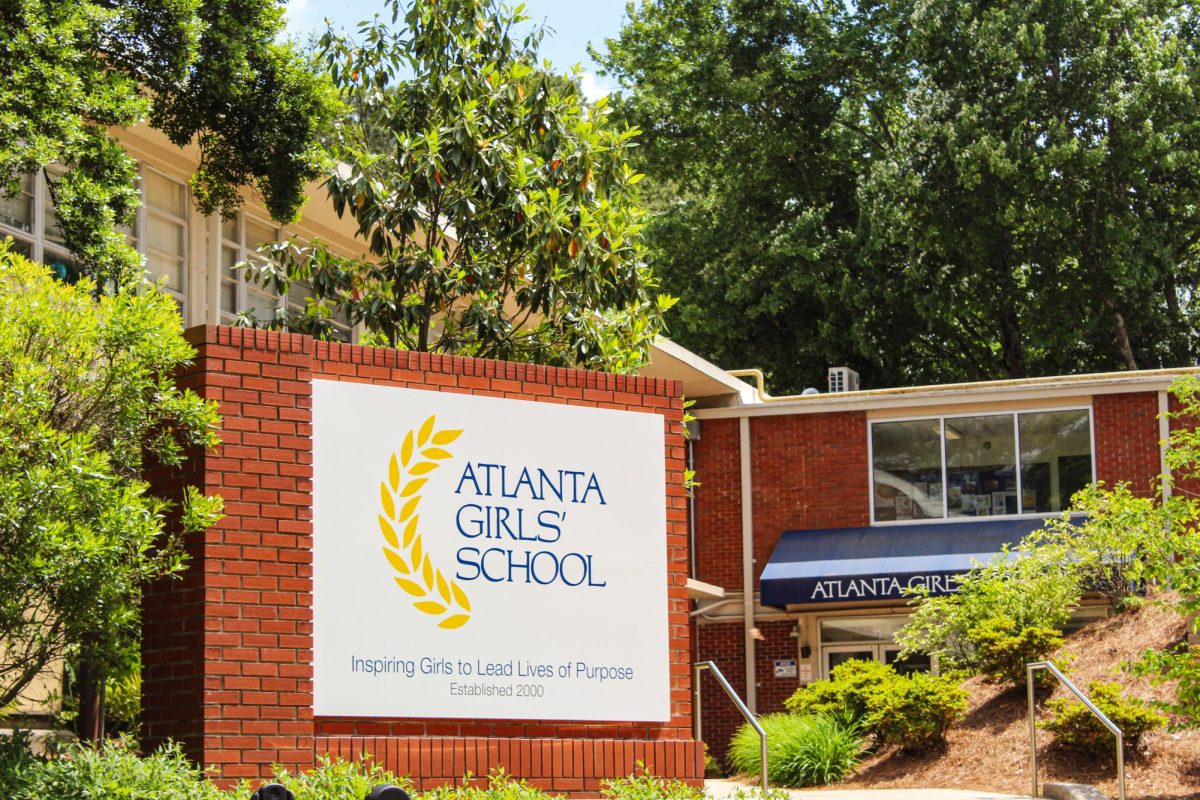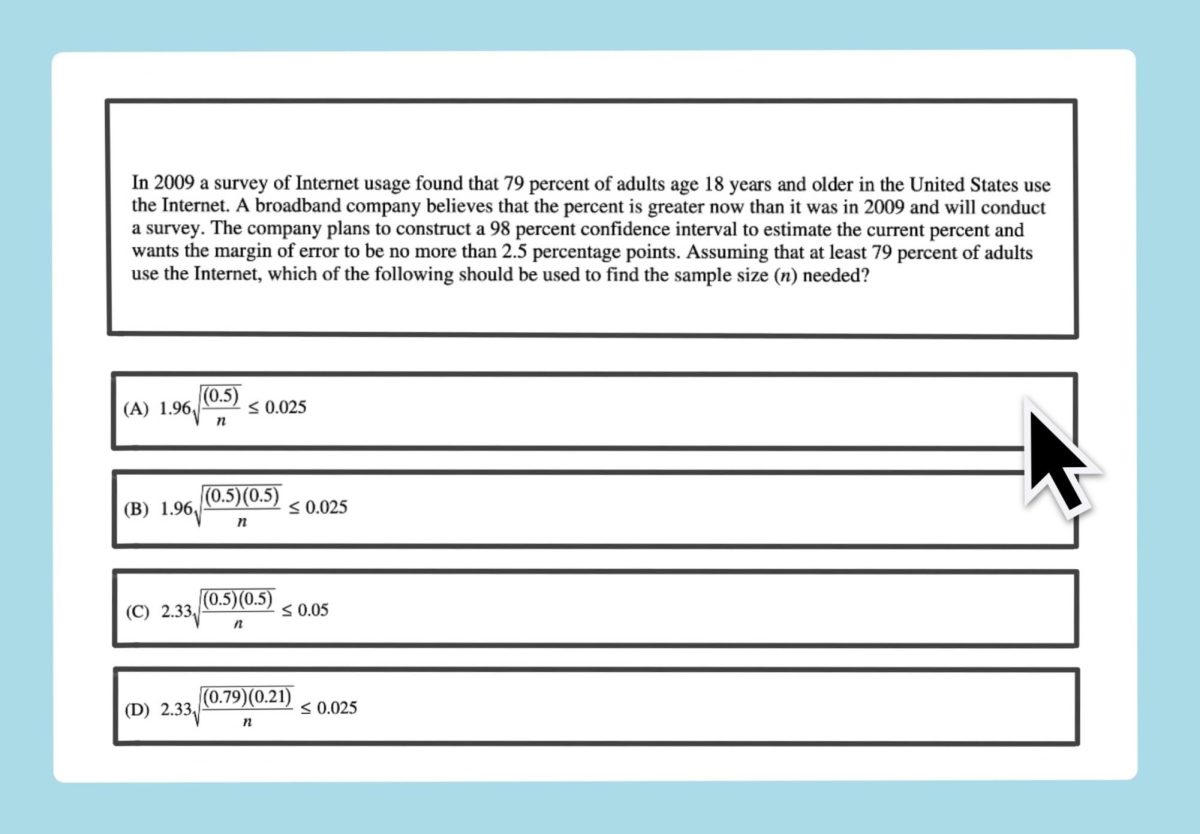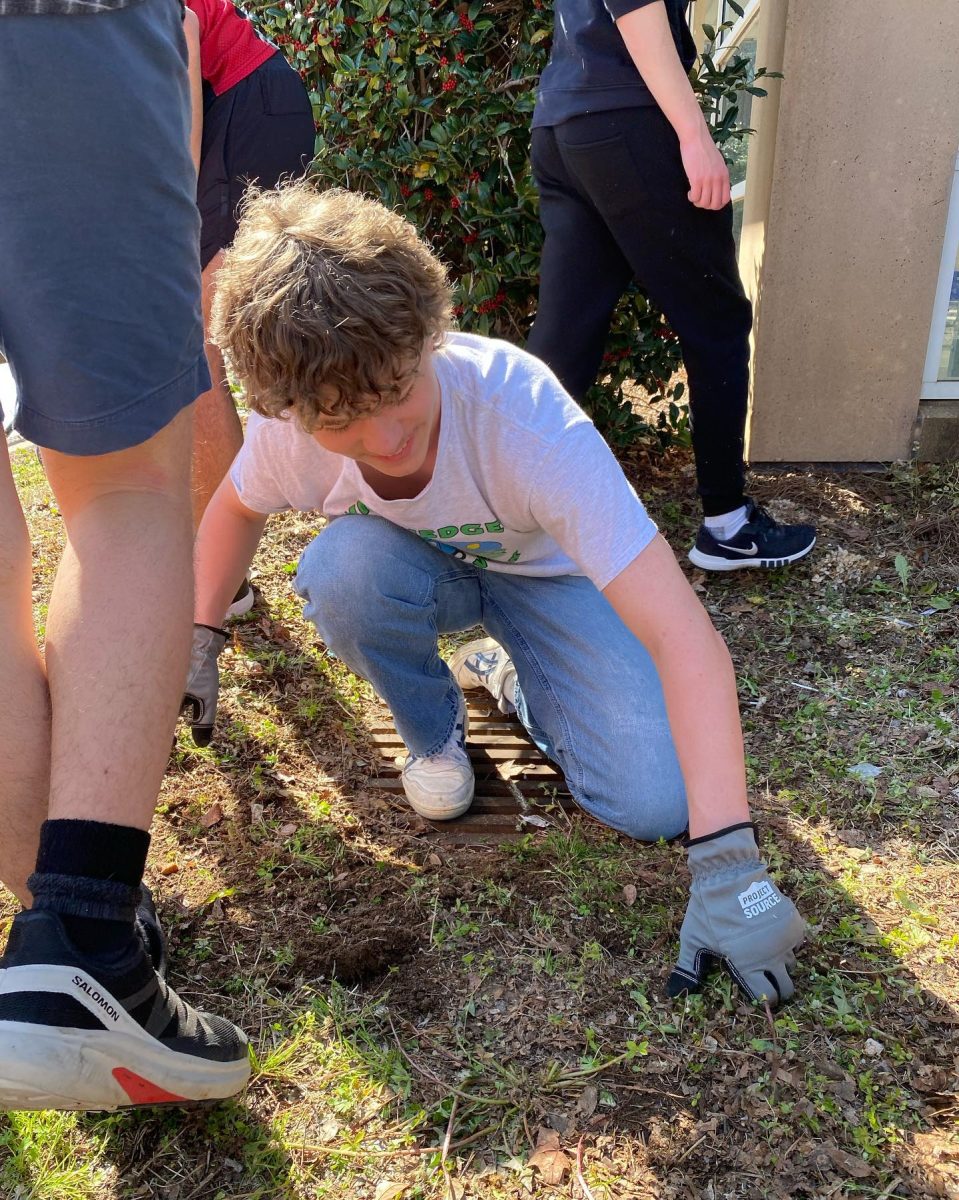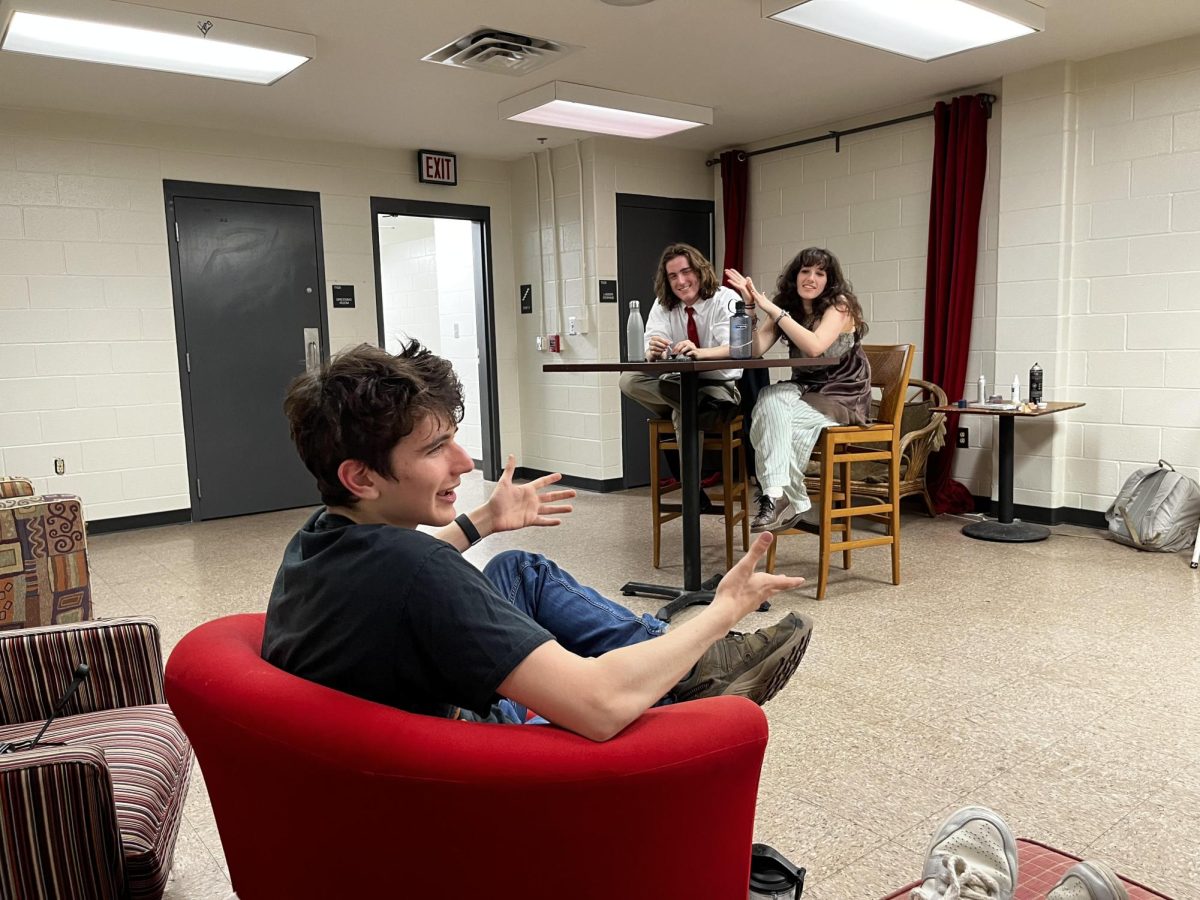In grades K-5, the library and books play a crucial role in everyday schooling. From book fairs and book swaps to trips to the library during classes, books are everywhere and everyone has their face in a book. Children are instilled with the importance of reading while in high school students are reading less and less in comparison to their youth.
During elementary school most students are asked to read at least seven chapter books over the course of the two month summer vacation. Middle school implemented one required summer reading book that was no longer a free choice, and most high school classes require up to four books, selected by the teachers. While the level and difficulty of the reading has increased since the early days, so has the number of books students are required to read. With this decrease comes a whole new challenge of getting students to actually read their summer assignments.
“I doubt many people have actually read their books,” sophomore Mei Nathan said. “In my dream world, people would have actually read it so you could have a discussion about it.”
This same problem occurs nearly every day in a literature classroom whether it is summer reading or not. When students leave for their vacation, it’s clear for most of them a book will not be brought along.
Eleventh grade honors and advanced placement (AP) language and composition teacher, Lisa Willoughby, observes this avoidance of summer reading. She assumes that less than 20 percent of students actually read the full four works assigned in her class, leaving a generous 40 percent to have read some part of the books and another 40 percent to eschew the work all together.
For some students, reading can become an arduous task, especially when the root and purpose of the book or assignment is not explained.
“All the books they choose are pretty valuable books,” librarian Brian Montero said. “[They are] books with timeless qualities and popular content. They fulfill an interest to all readers.”
While this may be true for books such as To Kill a Mockingbird or The Curious Incident of the Dog in the Nighttime, there are many instances where students are given no choices and little direction in the already chosen content. Books offered in AP classes are even further confined to one time period or topic, stretching far back to the times of Shakespeare or American Indians. Students can sometimes be asked to read four or five books concerning that time period.
“I try to mix the books that are fun and meaningful,” AP literature teacher Lawrence McCurdy said. “All teachers have their ways to get kids to read and enjoy reading.”
Only so many enjoyment and pleasure-reading books can be cast into the pool of assigned works. While students may not enjoy much of the reading they are asked to do, teachers often have little choice but to assign it.
“Within the current literary environment it is impossible to cover such huge amounts of time [through works of literature],” ninth and tenth grade English teacher Nolin Needham said. “There is so much territory to cover.”
The Georgia standards require teachers to cover material at a fairly rapid pace, balancing both grammar practices and works of literature. The AP curriculum demands students cover the time periods dating far back in history. Summer work is a way for teachers to not only have students continue reading over the summer, but cover a portion of the curriculum so less has to be covered in class.
When school resumes every August, new kids arrive, schedules change, and excuses are made for why the summer work was never completed.
“A lot [of students] don’t know about the assignments, or if they did know, they pretend not to,” Needham said.
This problem is not just a high school or even teenager problem. It dates back to earlier education policies and teachers instilling the idea that students can get away with not reading.
“[Ignoring the summer reading] starts in middle school, when you constantly do not do something with it,” senior Lindsay Van Beck said.
The attitude students have toward literature is a slippery slope. No longer do students do as they are told, and new excuses are made daily as to why they should be exempt from the assignments. While some of these excuse will never be fully avoidable, some progress has been made to ensure every student has the opportunity to obtain the books.
“Mainly [the library’s] goal in terms of the reading list is to inform students of what it is,” Montero said. “We help students get library cards so they can get the books. We make sure everyone has access, but it is up to the student’s motivation and responsibility.”
While teachers may disagree, oftentimes students do not have to read because there are no consequences from ignoring the given assignments. For those who did read, they can only hope to have become a more advanced, mature reader.
“There are no consequences in not reading,” senior Samantha Bowie said. “I like the feeling that I’m more well read,”
While teachers often argue that assignments or tests will be given to force an understanding of the novel, students have learned by the time they reach their senior year that they will not be held accountable for the given works. Sometimes teachers do not say a word about the reading or they will ask students to complete assignments on the books several months into the year.
“McCurdy covered the summer reading in our class in the first few weeks, but last year I was giving a book report on a summer book in May,” Bowie said.
From SparkNotes to book reviews, students have endless options and will go out of their way to avoid reading. McCurdy adapts to the lack of effort by bringing in more class discussions as well as oral quizzes, hoping to implement a stricter but enthusiastic classroom environment.
It is noticeable to both students and teachers that today there really is no solution to the fall of summer reading. All that is clear is rewriting the literature requirements could make for some better vacations.


